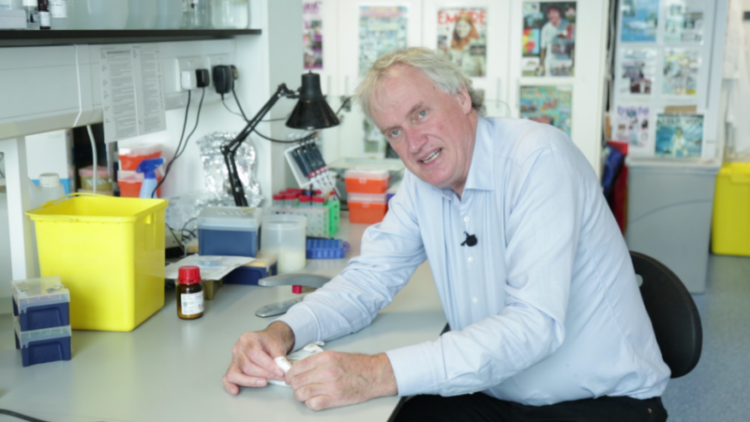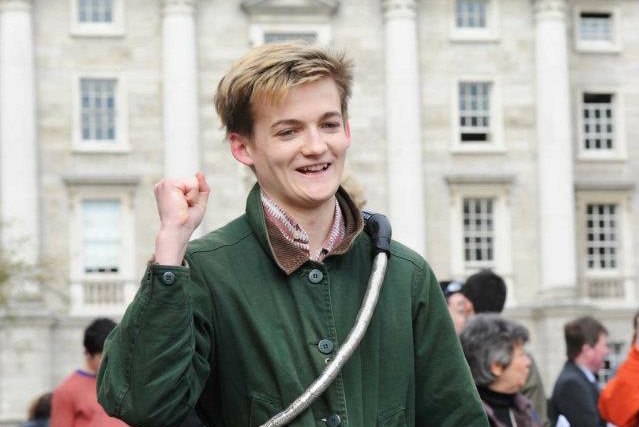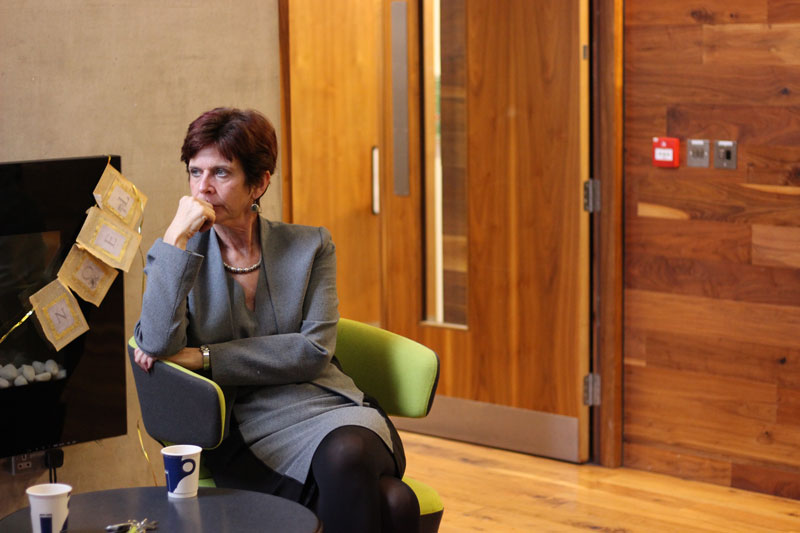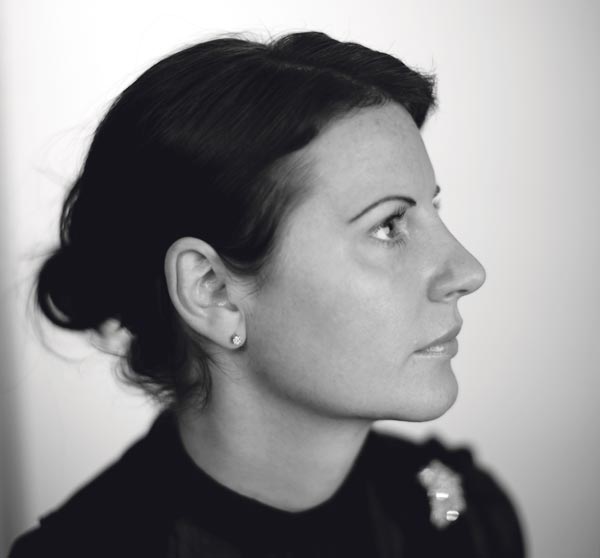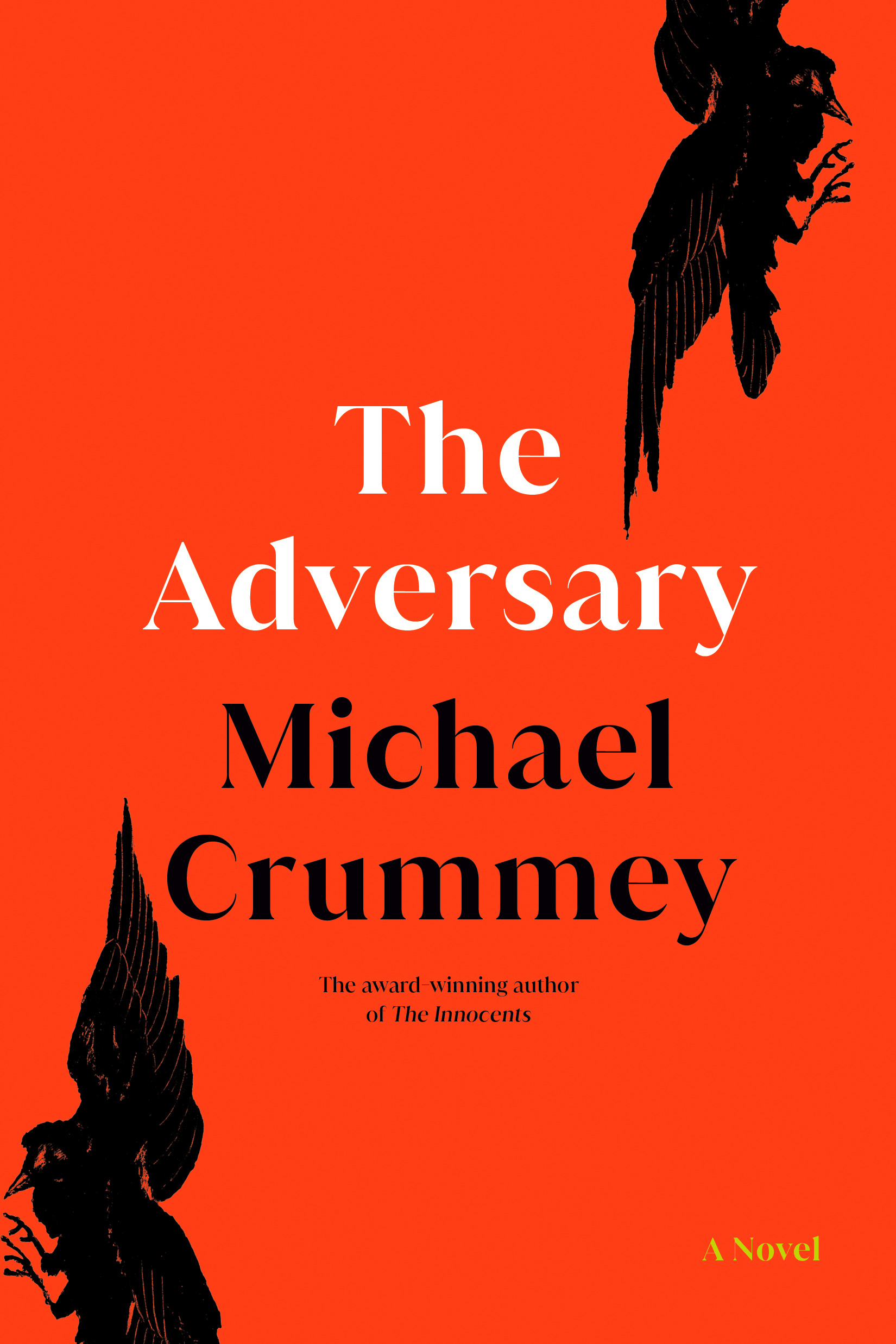The smell of Guinness wafting through Front Square is one of Luke O’Neill’s most vivid memories of his first week in Trinity. Reflecting on his time as a fresher, the immunologist tells me: “The first few days, you’re just absolutely gobsmacked”, not least by the sheer amount of people you are encountering. “I couldn’t get over the crowd”, he says, describing his first lecture.
Many first years are likely to resonate with O’Neill’s memory of feeling lost in a sea of people. Nevertheless, few are likely to share his reason for choosing Trinity which is undoubtedly unconventional. “I knew about Trinity because it was on University Challenge … back in the old days, Trinity used to compete in that”, he says. “That’s quite good, I thought”, he adds and, consequently, decided to apply.
A few weeks later, sitting in a chemistry lecture on his first day, he describes the people “all crammed in there” and how he “didn’t know anybody”. Indeed, most freshers enter college knowing very few people. “That’s the tricky part, you don’t have any friends”, he explains.
For O’Neill, forming friendships was important not simply to stave off loneliness but because “I remember being at the time aware of the fact that I mightn’t like it”. He explains how people around him were dropping out and how he was determined not to suffer a similar fate: “I wanted to try to do my best not to be unhappy here as it were and I knew the main way that allowed me to was through my friendships.”
Years later, O’Neill speaks of his time as a fresher in Trinity fondly: “I remember vividly after Christmas it really took off because you’re more used to the place, you knew the lay of the land and stuff and I made some fantastic friends.”
“I think the glory of being in a university and being in Trinity is that you make friends for life”, he says. However, he does admit that at times he felt a sense of imposter syndrome among his peers. This he experienced “with some of the people that I would have met who were posh, shall we say”. On a grant from Wicklow County Council, O’Neill tells me that he steered clear of “your Blackrock boys” for the first few weeks.
As the months in Trinity passed, “I began to enjoy it more and more”, he says. “It was great fun in first year”, he adds. Indeed, his first-year grades offer an insight into just how much fun he had: “I barely scraped through first year, by the way. Barely passed because I didn’t really take it that seriously. I was enjoying myself.”
O’Neill would advise any incoming students to take a similar approach. During their first few lectures in Trinity, he often tells first years: “For heaven’s sake, don’t get too het up about this. Just because you don’t get a great grade doesn’t mean you’re not a great person.”
Taking inspiration from a quote by author Evelyn Waugh, he explains to me how the two grades you should aspire to achieve are either a first or a third. A first, he explains, means that you “really [are] engaging” with the course you are studying, while a third means that you “had a really good time when you were here”. As he points out, “they’re both equally important things”.
Nevertheless, he does caveat his advice, explaining that there come points in your college career, for example in fourth year, where grades do matter: “there is a serious element eventually.” However, when it comes to incoming students, as long as you pass, “don’t worry about exams”, he says.
These days he explains there is a lot more pressure on students than there was when he was in college. During his time as a fresher, “the crux of it was it was a great opportunity to enjoy yourself actually and there was less of a focus on academic performance back in those days”.
In fact, he tells me, “one of my regrets as an academic is we’ve made academia more of a miserable place for young people”. He discusses the pressure students feel and the competition between them to excel which, he adds, has only been exacerbated by the coronavirus pandemic.
“Education should be all about allowing you to lead as full a life as possible without worrying too much”, he tells me. Nevertheless, many students and likely many incoming freshers will feel stress and strain as they progress through their college careers. O’Neill says: “This is the best time of your life”, but I ask him how to ensure you do make the most of the opportunity you are given.
“Ignore your parents” is the first piece of advice he offers: “They’re a source of stress.”
He tells me when he began in Trinity his parents were proud of him for getting into university, however, beyond that they were not overly involved in his college life: “They didn’t know what I was doing. My dad thought I was doing veterinary medicine for quite a while.”
This advice goes hand in hand with his recommendation that first years worry less: “Don’t worry, if you don’t fit in, and you feel a bit lonely at times and you feel a bit outside the people who seem to be enjoying themselves, you will find your way.”
O’Neill’s central message seems to be that freshers have been given such a wonderful opportunity, it would simply be a shame not to make the most of the experience. While conscious not to downplay the financial stress that many students are burdened with, “remind yourself that you are in a very privileged position”, he advises.
Privilege is an abstract concept but O’Neill’s ideas around what it means for first years are concrete: “You have got four years ahead of you and all you have got to do is get through the exams.” He tells me that “the vast majority of people get through it and get something great out of it … you’re going to be one of them, you will be one of those vast majority”.
“I realised early on that it is up to you”, he tells me. O’Neill explains that it is up to every fresher to make the most of their college experience. Indeed, it is the perfect opportunity to live life to the fullest because, as he remarks, “for the only time in your life, you’re free”.
